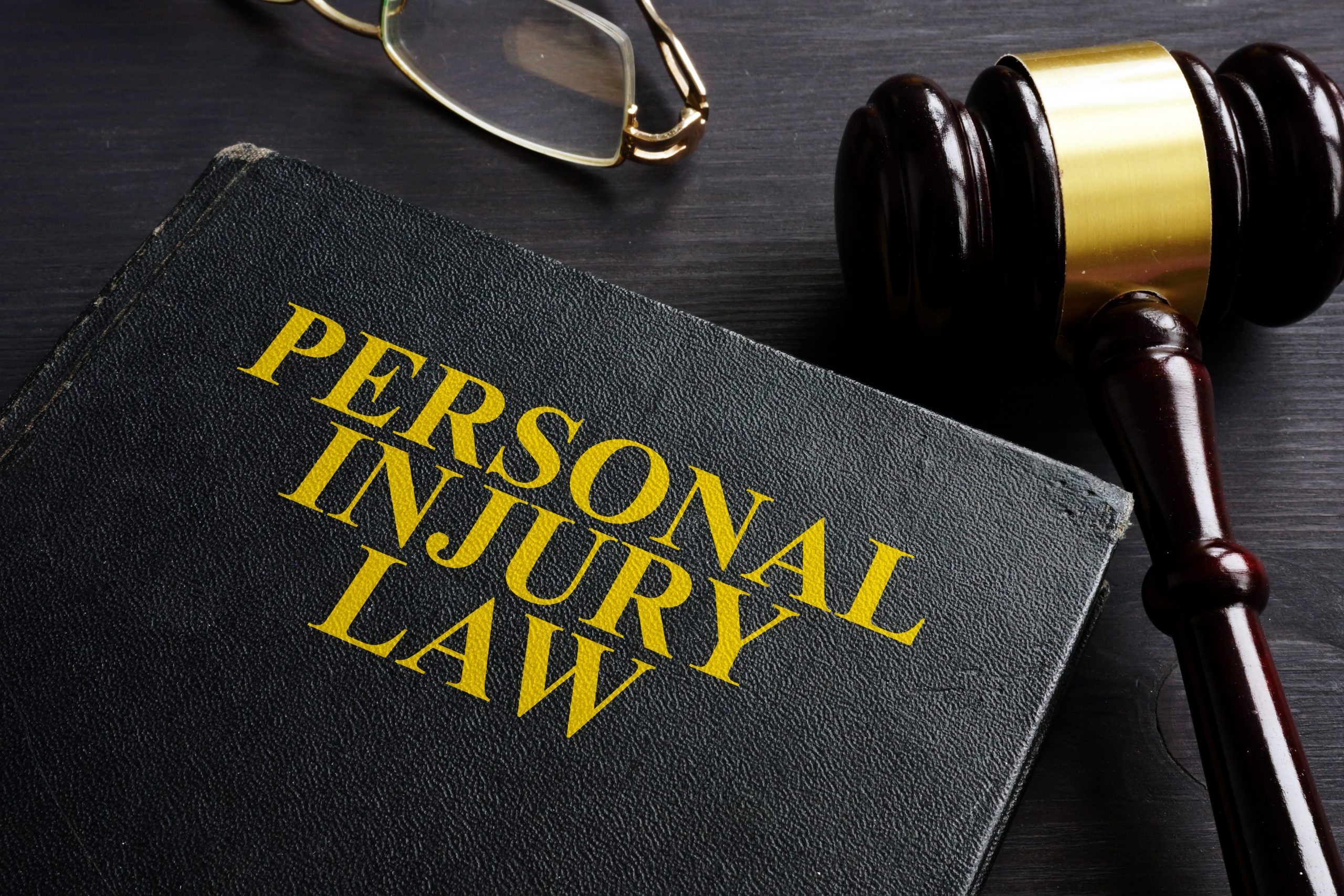Now Reading: Understanding the Scope of Medical Malpractice Cases
-
01
Understanding the Scope of Medical Malpractice Cases

Understanding the Scope of Medical Malpractice Cases
Medical malpractice is a complex area of law that involves holding medical professionals accountable for negligent actions or omissions that result in harm to patients. Medical malpractice lawyers specialize in representing victims of such negligence. Here, we’ll explore the various types of cases these lawyers handle.
Misdiagnosis and Delayed Diagnosis
Misdiagnosis occurs when a medical professional fails to correctly identify a patient’s condition, leading to inappropriate or delayed treatment. Delayed diagnosis, on the other hand, involves a significant lapse of time between the initial presentation of symptoms and the correct diagnosis. Both scenarios can have severe consequences, allowing a disease or condition to progress unchecked, potentially leading to worsened outcomes or even death.
Surgical Errors
Surgical errors encompass a wide range of mistakes made during surgical procedures. These errors can include performing the wrong procedure, operating on the wrong body part, leaving surgical instruments or foreign objects inside the patient, or making errors in anesthesia administration. Surgical errors can result in serious injuries, infections, or other complications that may require additional medical treatment or corrective surgery.
Medication Errors
Medication errors occur when healthcare providers prescribe, dispense, or administer medications incorrectly. This can involve giving the wrong medication, incorrect dosages, or failing to account for potential drug interactions or allergies. Medication errors can lead to adverse reactions, worsening of the patient’s condition, or other serious health complications.
Birth Injuries
Birth injuries occur during labor and delivery and can have lifelong consequences for both the child and the mother. These injuries can result from medical negligence such as improper use of delivery instruments, failure to monitor fetal distress, or delays in performing necessary interventions like cesarean sections. Birth injuries can lead to conditions such as cerebral palsy, brachial plexus injuries, or developmental delays.
Failure to Obtain Informed Consent
Patients have the right to be fully informed about the risks, benefits, and alternatives of any medical procedure or treatment before giving their consent. Failure to obtain informed consent occurs when a healthcare provider fails to adequately communicate these aspects or performs a procedure without the patient’s consent. Patients who suffer harm as a result of a lack of informed consent may have grounds for a medical malpractice claim.
Nursing Home Neglect or Abuse
Medical malpractice lawyers also handle cases involving neglect or abuse in nursing homes or long-term care facilities. Neglect can manifest as failure to provide adequate medical care, assistance with daily activities, or protection from harm. Abuse may involve physical, emotional, sexual, or financial mistreatment of elderly or vulnerable residents. Nursing home neglect or abuse cases require thorough investigation and advocacy to hold responsible parties accountable and seek justice for the victims.
Anesthesia Errors
Anesthesia errors encompass mistakes made during the administration of anesthesia, such as improper dosage, failure to monitor vital signs, or administering anesthesia to patients with known allergies. These errors can result in complications ranging from respiratory distress to brain damage or even death.
Conclusion
Medical malpractice lawyers play a crucial role in advocating for patients who have suffered harm due to the negligence of medical professionals. From misdiagnosis to surgical errors, medication mistakes to birth injuries, and nursing home neglect to failure to obtain informed consent, these legal professionals handle a wide range of cases aimed at obtaining compensation for victims and promoting accountability within the healthcare system.










